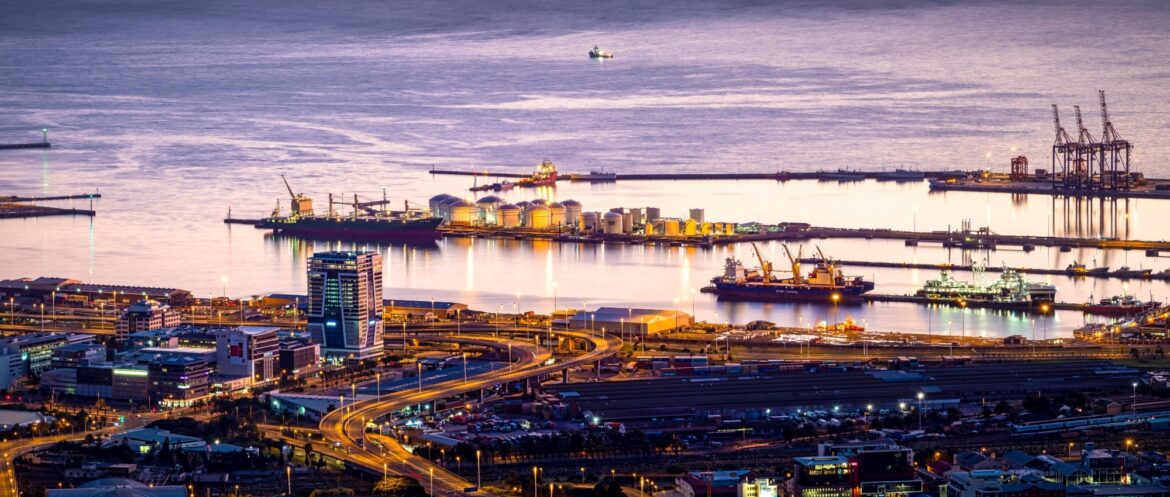Singapore’s non-resident High Commissioner Derek Loh Eu Tse met with Mahmud Hasan Khan, president of the Bangladesh Garment Manufacturers and Exporters Association, for a practical discussion on how trade, investment, and faster logistics can help garment factories grow and reach new markets, and the meeting opened with a straightforward focus on investment, port management, and ways to speed up cargo handling so factories can get raw materials on time and ship finished clothing more reliably. The two sides laid out specific ideas for sharing Singapore’s experience in container handling, planning, and training, and Mr Loh noted that Singapore moves a huge number of containers and has modern tech and skilled teams that could help improve operations at Bangladesh terminals. They discussed joint work on the Bay Terminal, ways to cut bottlenecks, and simple changes that reduce waiting and cost for traders, and the conversation also covered investment rules that make projects attractive, including clear rules on moving profits home that help bring foreign capital in. Leaders spoke about raising the value of garment exports by moving toward higher quality and premium products that meet new buyer needs, and they talked about opening channels for other goods such as fruits and farm produce so exporters can offer a wider mix to foreign markets. Practical steps for factories were a big part of the meeting too, with emphasis on better planning, worker training, and easy digital tools to track shipments and stock so firms can hit delivery dates and satisfy buyers. Labor concerns and global trade tax issues were discussed honestly, and both sides explored ways to help companies meet buyer expectations through skills development and clearer standards. The BGMEA hosted the meeting at its Uttara office so delegates could speak directly about local realities and technical needs, and attendees included BGMEA Director Rumana Rashid and other trade representatives who joined the conversation. Mr Loh offered an invitation for BGMEA leaders to visit Singapore to see port systems and container handling up close, a move that could speed project work and build trust between partners. The tone remained practical and forward looking, focused on business solutions that lower costs, improve delivery times, and help factories win bigger contracts, while BGMEA urged Singaporean firms to consider investments such as international-standard hospitals that would bring jobs and skills. Both sides agreed to keep talking and to plan concrete next steps together, believing that cooperation on ports and logistics, clearer investment terms, and product diversification can strengthen supply chains, support jobs, and make the garment industry more competitive for buyers who value speed and quality. They also agreed to set up meetings, joint studies, and training visits to track progress, assess results, and keep momentum.
Bangladesh and Singapore Partner to Improve Ports, Trade and Garment Exports
40


